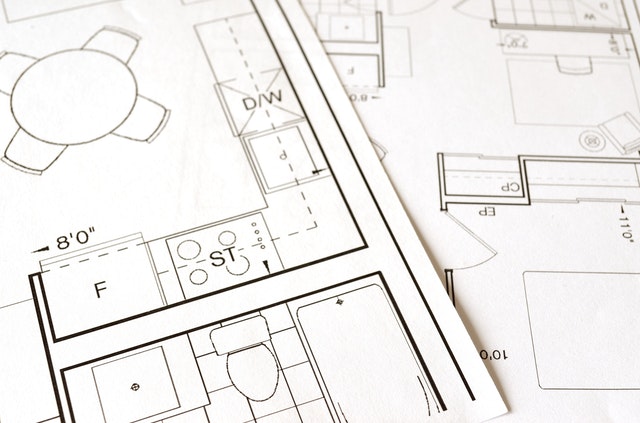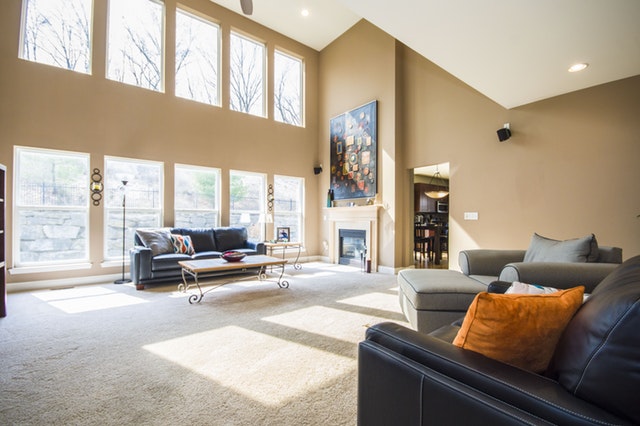 Kids of all ages often have a hard time dealing with moving. They may not be able to understand why the family can’t stay in the same place forever. Even with explanations, children often can’t readily envision how amazing the new place will be.
Kids of all ages often have a hard time dealing with moving. They may not be able to understand why the family can’t stay in the same place forever. Even with explanations, children often can’t readily envision how amazing the new place will be.
Here are some ideas for helping your kids deal with the move.
1. Make It Easy To Stay In Touch
For a lot of kids, a big sore spot with moving is having to say goodbye to friends and schoolmates. They may even feel like you’re intentionally wresting them away from their friends. To demonstrate how much you understand the sacrifice, make a gift of a cute set of note cards, stamps included. Even if your child chooses to text or email old friends instead of write, they’ll appreciate your gesture.
2. Visit The New Community
If possible, bring your kids to visit the new neighborhood where you’ll be moving. Encourage positive anticipation by signing them up for things like a library card, pool membership or a community event such as an Easter egg hunt, relay race or something similar. Consider enrolling them in a fun local class such as pottery, horseback riding, or something else they would enjoy. This helps your kids to focus on the upcoming activities instead of leaving their friends behind.
3. Strive To Keep Old Routines
When you’re busy packing and readying for the big move, old routines often fall by the wayside. But children need routines to feel safe. Strive to keep as many old routines as possible in the preliminary days and weeks before the big move. For example, if Wednesday is always family game night, stick to the plan. Your kids will feel more secure knowing that some things will stay the same, even in a new location.
Above all, make the time to listen. Your child might have concerns that you hadn’t thought of, like having to give up their dog or cat in order to move to the new house. Don’t worry, though. Kids tend to adjust very well to new situations. With your support and a few tips like the ones mentioned above, your children will make a happy transition to your new home.
A trusted real estate agent can be a wonderful resource who can point you toward family activities in the area of your new home. Be sure to make contact as soon as you are ready to start your new home search.
 You have lots of choices when it comes to choosing a real estate agent. Aside from deciding if you’d prefer to work with a man or woman, and what age range you’d like them to be, here are some tips to help ensure that you pick one that is best suited for your needs.
You have lots of choices when it comes to choosing a real estate agent. Aside from deciding if you’d prefer to work with a man or woman, and what age range you’d like them to be, here are some tips to help ensure that you pick one that is best suited for your needs. Savvy home buyers often get great deals on new home constructions by asking for deals and discounts and doing some up-front research.
Savvy home buyers often get great deals on new home constructions by asking for deals and discounts and doing some up-front research.  The Tax Cuts and Jobs Act of 2017 instituted some of the most dramatic changes to the financial landscape in the United States in over 30 years. These adjustments to the IRS code have an effect on everyone who earns and spends money in this country.
The Tax Cuts and Jobs Act of 2017 instituted some of the most dramatic changes to the financial landscape in the United States in over 30 years. These adjustments to the IRS code have an effect on everyone who earns and spends money in this country. With the right combination of strategy, knowledge, and luck, flipping houses can create big profits for short-term investors. However, your path to success starts at your first auction.
With the right combination of strategy, knowledge, and luck, flipping houses can create big profits for short-term investors. However, your path to success starts at your first auction. These days, people want energy-efficient homes that look great. To answer the call of passionate environmentalists, developer are rising to the occasion and designing home features that minimize waste, save energy and reuse reclaimed materials. The results are gorgeous, green homes that help move the sustainable living trend forward.
These days, people want energy-efficient homes that look great. To answer the call of passionate environmentalists, developer are rising to the occasion and designing home features that minimize waste, save energy and reuse reclaimed materials. The results are gorgeous, green homes that help move the sustainable living trend forward.